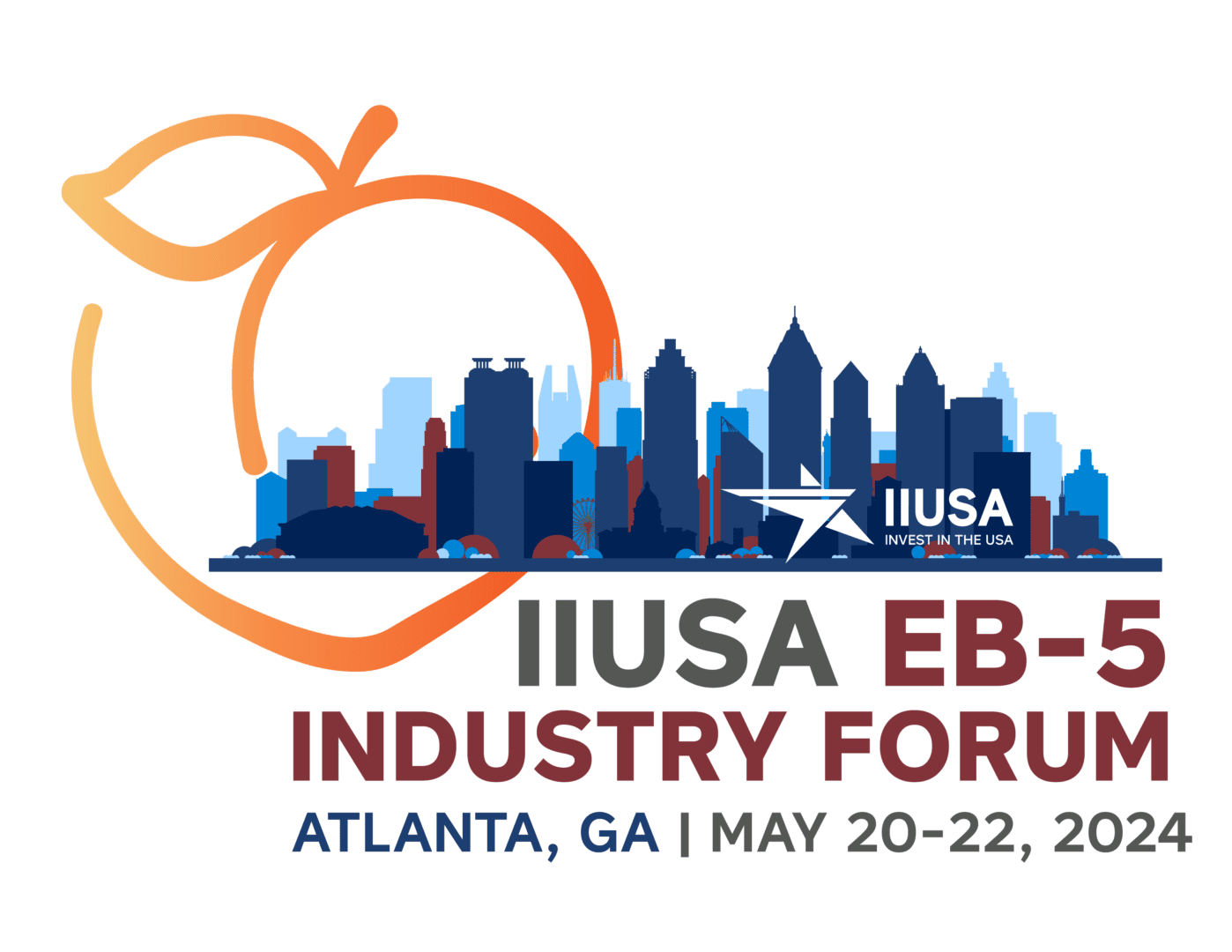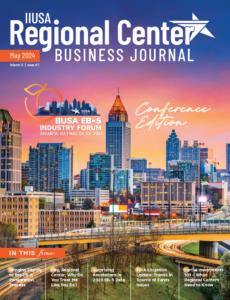 Report on August 13, 2015 EB-5 Stakeholder Meeting
Report on August 13, 2015 EB-5 Stakeholder Meeting
by Robert C. Divine, Vice President, IIUSA; Shareholder, Baker, Donelson, Bearman, Caldwell, & Berkowitz, P.C.
The August 14, 2015 stakeholder meeting provided some useful “take aways” for the industry. I have followed up with the Investor Program Office and the Office of Public Engagement asking them to publish the essential conclusions from the meeting, especially since the audio quality for those listening by phone was quite poor.
Mr. Colucci said IPO has 108 on staff and expects another 20 soon. He said IPO has been completing 1,000 I-526s per month and in the quarter March to June IPO adjudicated 1100 more than received. He gave these statistics:
I-526: received 7,723 526 (5% increase), approved 6,498, denied 663.
I-829: 2,268 received (47% increase), approved 606, denied 5
I-924: received 252 (30% increase), approved 187, denied 31.
Mr. Colucci reported that USCIS has initiated an integrity program with dedicated resources, and apparently one of its first actions has been to publish the recent email notice to stakeholders a warning that any regional center continuing to use the words “United States, U.S., or Federal” in its name would be reported to the Federal Trade Commission. A stakeholder pointed out that uses of such names by very well-known companies exist, such as US Bank and Federal Express, but USCIS seems to believe those are subject to governmentally recognized exceptions not applicable in the regional center context.
Mr. Colucci reported that he and some other USCIS personnel recently visited China for a week and interacted with the relevant national and provincial police agencies that oversee immigrant investment agencies there. He said that the Chinese agency provided useful information to USCIS in detecting fraud in source of funds documents. He said the USCIS personnel also visited with State Department officials and watched some EB-5 immigrant visa issues. They spoke with consular fraud personnel about local (in China) site visits relating to source of funds verification.
Julia Harrison discussed the “first in first out” modified by grouping of some projects. She said they are working hard to catch up on some longstanding petitions that have fallen out of order. She mentioned the phenomenon of expediting without explaining how USCIS approaches types of expediting as a practical matter. She acknowledged that USCIS on its own expedited electronically filed petitions when it discontinued ELIS system. She also said that USCIS will not review compact disks or other electronic media in a filing. She said USCIS will publish guidance in the next several weeks about what will happen if the regional center program legislation expires.
Lori Henson invited stakeholders to send in comments about the draft memo on job creation and sustainment of investment published this week, particularly on issues that need to be further clarified.
The question and answer component of the meeting yielded the following essential lessons, which I have asked IPO and OPE to compile in writing with any others they deem appropriate:
Sale subject to an EB-5 loan (i.e., preserving the loan) is OK. (we hope that USCIS will please publish what a USCIS lawyer had written and the speaker read).
Conditional residence ends, for purposes of the requirement to sustain the investment, upon the timely filing of the I-829, and it would be inappropriate for USCIS to require an investor to show sustainment beyond the time of filing.
An NCE can use proceeds from a JCE liquidation/repayment to pay off investors who already reached the end of conditional residence, even if proceeds for other investors need to be reinvested (see draft memo on “sustainment” just published). It is permissible for a JCE to place operational profits in a sinking fund for later distribution to investors after the end of their conditional residence. [it was not clear to me whether Mr. Lyons meant that the funds could be transferred to the NCE before the end of conditional residence or must be held in some account by the JCE, and that should be clarified.]
USCIS has authority to prioritize RC-sponsored petitions over non-RC petitions, but it has not deliberately exercised that authority, and it intends to get processing times of non-RC closer to on-par with RC-sponsored petitions.
USCIS does not and will not hold in abeyance I-526s related to projects other than ones for which an I-924 is filed.







